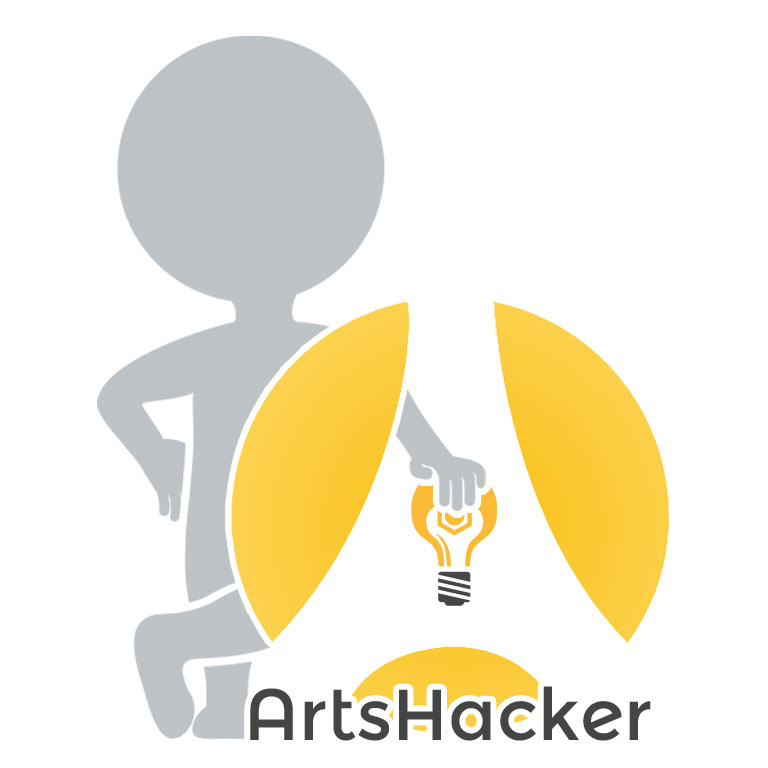One of the greatest benefits of the Internet Age is the ability for individuals to cross paths that would have normally never known each other. This new “Age of Convergence” allow individuals to share and develop ideas that mature from their initial stages to reasoned doctrine in less time than ever before. One of my passions is history. I firmly believe in that old adage “Those who fail to learn from history are doomed to repeat it”. One of my favorite books is “Battle Cry of Freedom” by James McPherson, an engaging analysis of the American Civil War and the events that preceded it. In the opening chapter, Mr. McPherson chronicles the unprecedented rise of American industry during the early 1800’s. He notes that British delegates visiting America observed the following conditions that contributed to the exponential economic and industrial growth throughout this country: Notice that all three of these observations are exactly what many involved in the orchestra industry currently lack. Fortunately, this new “Age of Convergence” will allow the necessary bisection between many individuals, each well versed in a variety of different professions but all having one common interest: classical music. It is the ideas and communication among this newly forming class of patrons that will help serve as the catalyst for a new era in the way orchestral music interacts among the public. Bringing in a new audience via traditional mass marketing will become less important compared to direct patron interaction first online, then in person at the concert hall. Therefore, we come back to the ideas expressed in one of my
I’m beginning to see this take effect first hand with the responses I receive from many of Adaptistration’s readers. First I had a good round of communication with Frank from Alexandria, which you can read about in my Enabling Patrons blog. Then I received a response from Stirling Newberry, a political insider and civic blogger that describes classical music as an overwhelming interest of his.
A convergence of similar ideas led Stirling to write a piece entitled The Inland Ocean at www.bopnews.com that expands and develops this concept of “enabling” patrons. I highly recommend you go take a look at the article, it’s long, but the part about enabling classical music patrons is toward the end. Following is a short excerpt for that article:
“Enabling is a process by which outsiders learn to become insiders while I could talk about my own work in politics, or Jay Rosen’s work in journalism on his Press Think blog another example which has stood out most clearly over the last few weeks is over at the Arts Journal’s – and Drew McManus’ Adaptistration blog.”
“In a series of posts Drew McManus correctly identifies an important trend in the arts that of the return of the centrality of culture as an activity, as opposed to a passivity, and the need for adapting to new realities in the arts. In this post he points out that the edifice complex, so much a hallmark of the old metropolitan era, still causes problems in the present. His solution? A process he calls “enabling” of patrons. Giving them access to the same level information that professionals are used to. It is the process that made dailykos.com an institution allowing people to see poll data fast only McManus’ drive is to create institutional centers virtual institutions if you will that will allow the shifting of the focus of arts away from the “board” model, towards a more distributed model. In the future, we will all be versed in the rules of the game, and it will be the internet which allows us to keep up.”
I feel that it’s only a short matter of time before we begin to see this idea take hold among current classical music patrons. Once this happens, it’s only natural for that sphere of communication to begin assembling a new audience. Isn’t it exciting to be a part of something new?


